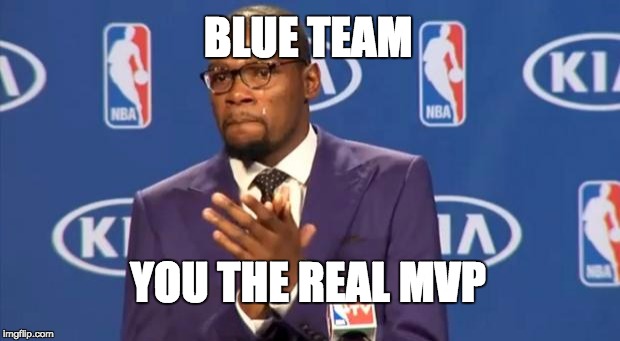Having experiments fail is really disheartening. You spend all this time, sometimes months,
trying to set up an experiments. You
order all the supplies and get everything perfectly into place, and when you
finally go to test this beautiful idea, it fails.
It’s very easy to feel disheartened and like you’ve just
wasted all those months of planning and preparation only to go back to the
drawing board.
Mod2 was a lesson in taking failure and learning from
it. Our CRISPRi system didn’t just not
work, it REALLY didn’t work. The
condition where we expected the most lactate production showed up with a really
large negative production (which we made 0, so it didn’t end up looking too bad
in the end). I started to feel bad for
failing the experiment, but then I heard from other groups that their CRISPRi
systems also didn’t work.
Even though a lot of the experiments didn’t work the way we
planned, they provided a good learning experience. The failure of our experiments forced us to
determine why our experiments failed. We
had to think more and synthesize the information we had. Therefore, we had a better understanding of
the topic than when we started. Failure,
even though it can be frustrating, provides an opportunity to deepen our
knowledge of a subject so that we can perform even better the next time.

















